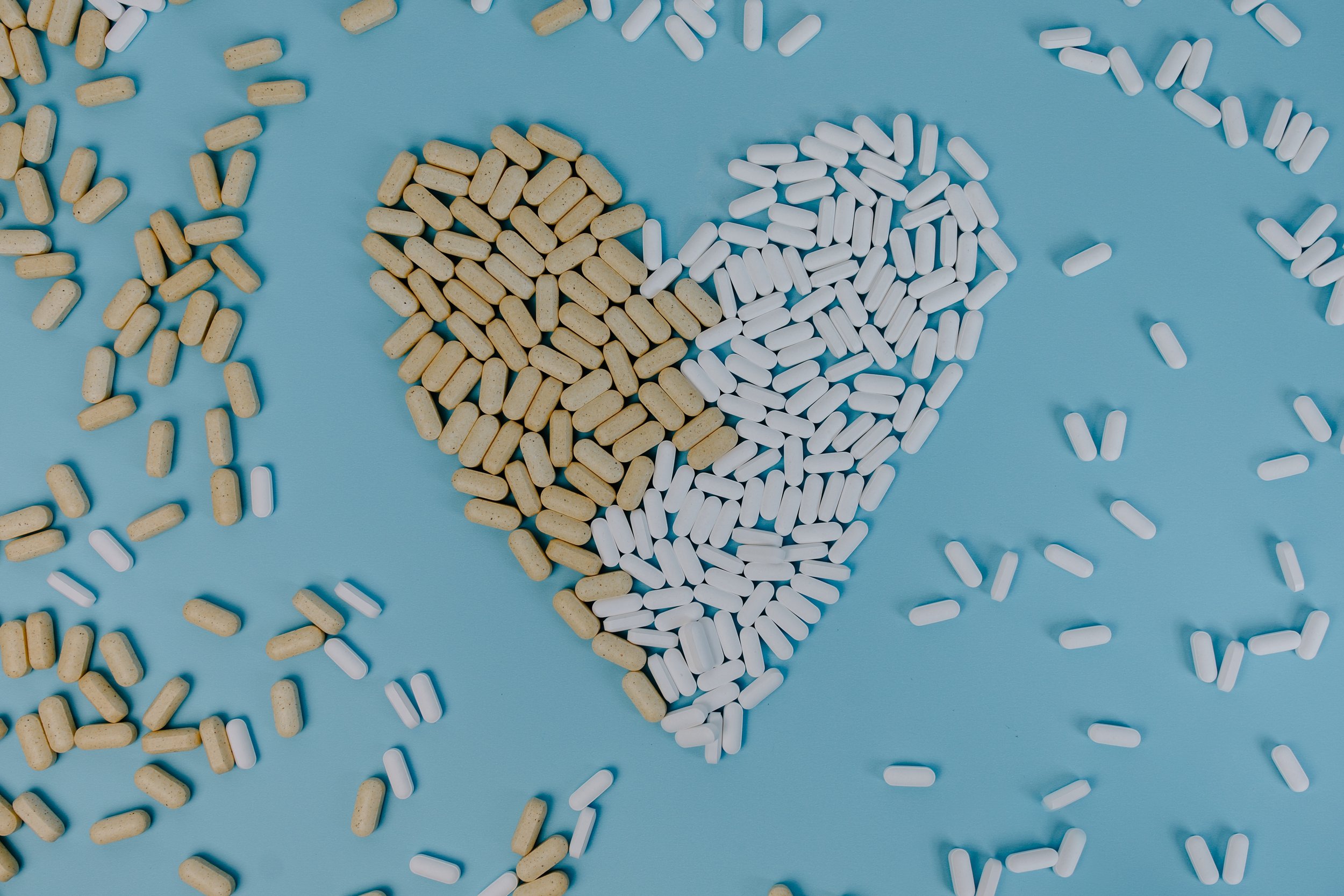
Well+Being Holistic Mental Health
Emotional Health & Wellness Tips From The Therapy Couch And Other Places

Amino Acid Therapy To Heal Your Brain & Improve Your Anxiety, Depression, ADHD & More.
Some common reasons people reach out for therapy and counseling is to address their new or longstanding mental health challenges. Symptoms such as anxiety, depression, addiction, insomnia and lack of motivation are often so debilitating that they are unable to live the life they desire. In my experience, psychiatric medications are essential for many, and truly life saving. But for those who have not had success with traditional psychiatry, it’s worth considering the highly-effective natural solutions that are rarely offered in conventional medicine.
Many mental health symptoms are all indications that levels of neurotransmitters such as serotonin, GABA, and the catecholamines dopamine and norepinephrine (there are more) are low. This is otherwise known as neurotransmitter dysfunction or imbalance. There are four main neurotransmitters involved with mood and behavior, and they are: serotonin, GABA, endorphins and the catecholamines (dopamine/Norepinephrine). The main focus with Amino Acid Therapy in clinical practice is on the serotonin-catecholamine system. Low levels of each of these, lead to a very specific pattern of mental health symptoms. It’s important to know that there are many reasons why brains become depleted and imbalanced, such as, trauma, chronic stress, chronic pain, loss, poor nutrition, addiction, hormonal changes and genetic predisposition, and thankfully, there are effective and powerful ways to restore brain health.
Our bodies need amino acids to work properly, and they are crucial to metabolic function. Some amino acids are made by the body, and others come from your diet. Typically, when you consume a protein, your body breaks it down and what's left is the amino acid. Amino acids are precursors to neurotransmitters, and when these vital messengers are deficient or imbalanced, information is not relayed optimally in the brain, and symptoms arise. Amino acid therapy aims to heal and restore the brain to optimal functioning by supplementing what’s missing based on history, symptoms, behaviors and response to trial treatment.

Conquering Food Addictions With Dr. Neal Bernard
On a crisp autumn day in the West Village, the Urban Zen Center hosted acclaimed physician and nutrition researcher Dr. Neal Barnard, founder of the Physicians Committee for Responsible Medicine. The focus of the event? Winning weight battles, curbing food cravings, and reversing chronic disease through the power of a plant-based diet.
Titled “Winning Weight Battles and Conquering Cravings,” the six-hour workshop offered guests a rich blend of nutrition science, practical strategies, and mouthwatering vegan food demonstrations—all centered on addressing the epidemic of food addiction and the growing burden of lifestyle-related disease in America.
Food Addiction And The Brain: The Science Behind The Cravings
Dr. Barnard explained that common comfort foods—especially cheese, chocolate, meat, and sugar—can trigger addictive responses in the brain. These foods stimulate the release of dopamine, the brain’s “feel-good” neurotransmitter, through mechanisms similar to those seen in substance addiction.
When we consume these foods regularly, the brain learns to associate them with reward and pleasure, making it difficult to resist cravings. This neurological loop can lead to overeating, weight gain, insulin resistance, and increased risk for chronic conditions like diabetes, heart disease, and even depression.
According to Dr. Barnard, the food industry, backed by government subsidies and aggressive marketing, capitalizes on this natural craving response—creating a cycle that’s hard to break without intentional dietary change.

